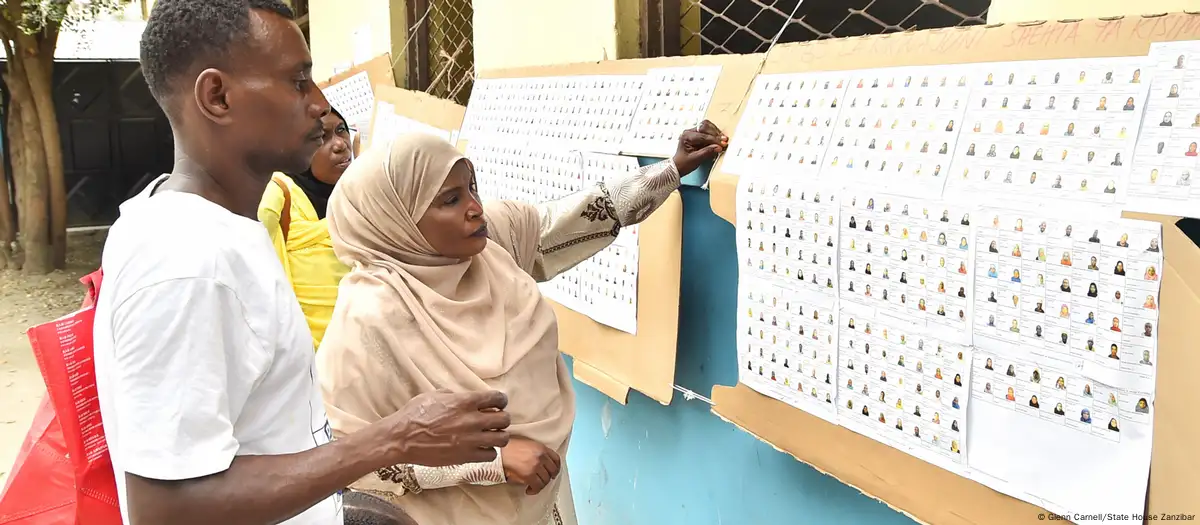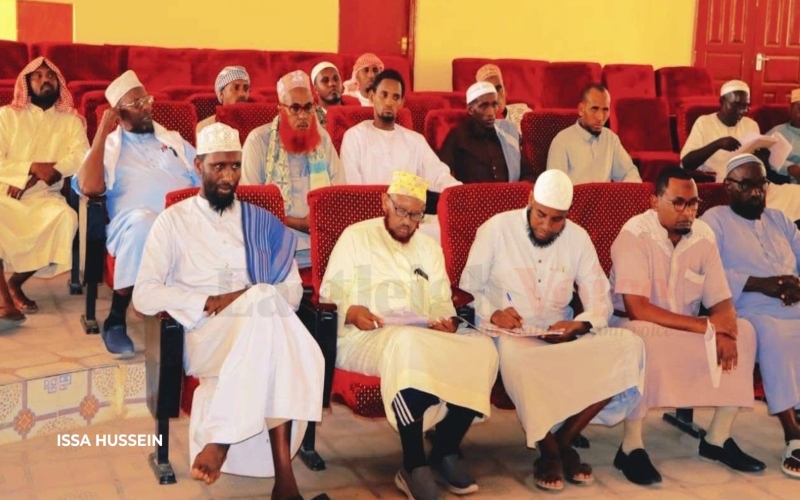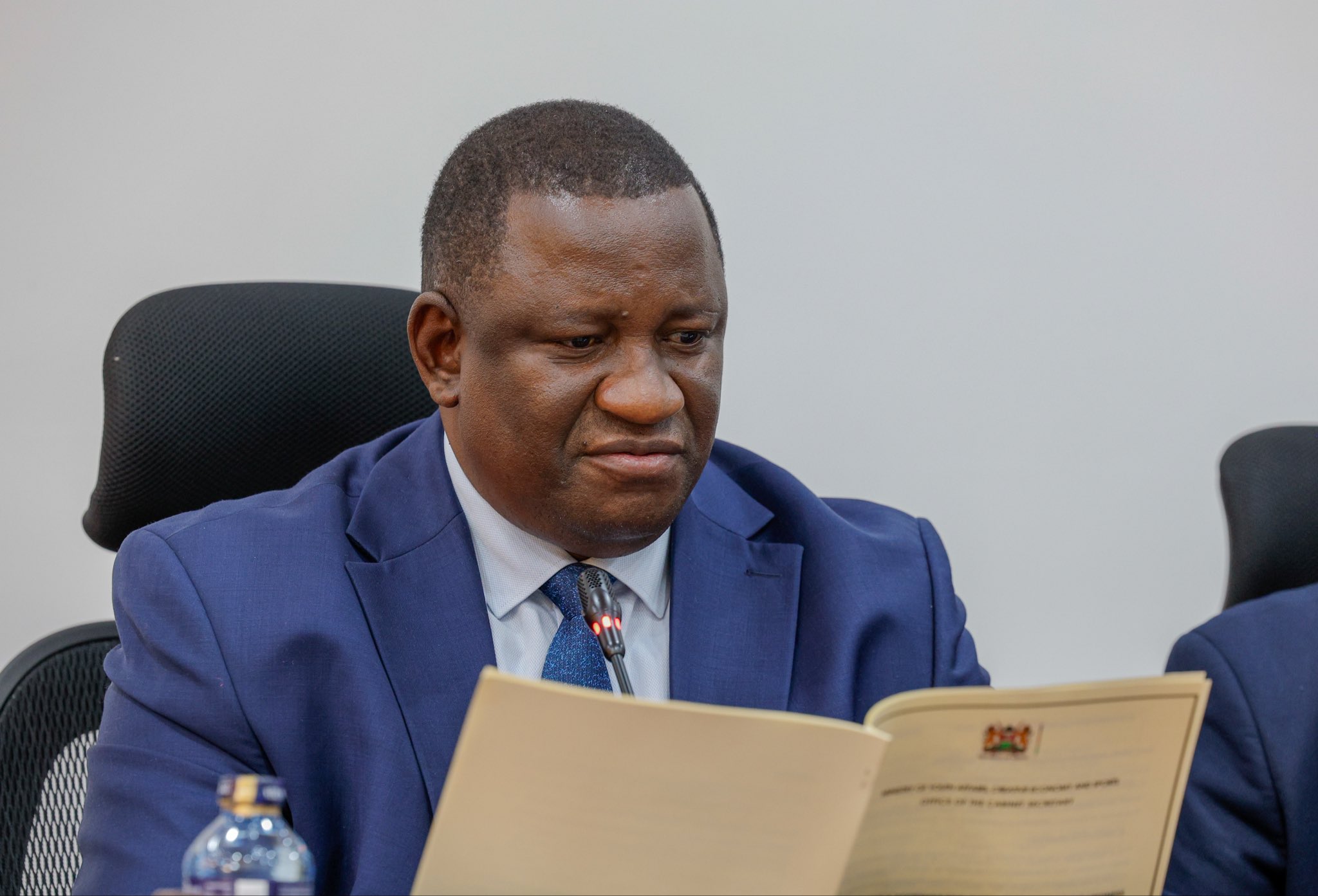Mapinduzi Cup: The fusion of Zanzibar’s politics and football

The Mapinduzi Cup is more than a football tournament; it’s a celebration of Zanzibar's revolutionary past. Since 2004, this annual competition has evolved from a regional event to a symbol of East Africa’s intersection of politics and sport.
There is no sport in East Africa that intertwines politics and competition more than football. Across the region, football matches and tournaments have become integral to political campaigns and symbols of influence, often filling the calendars of politicians eager to cement their presence in the areas they lead.
Beyond local dynamics, football has been a powerful tool for promoting nationalism and patriotism. In Zanzibar, this is most evident in the Mapinduzi Cup, a tournament tied to the Zanzibar Revolution of January 12, 1964.
More To Read
- Starlets one game away from historic WAFCON return after nine-year absence
- Harambee Starlets set to face Gambia in final WAFCON qualifier
- Bandari's Farouk Shikalo seals move to Ethiopian giants Saint George
- Harambee Stars up two places in latest FIFA rankings
- McCarthy lauds Ivory Coast as Harambee Stars end World Cup quest with defeat
- Harambee Stars edge 10-man Burundi 1–0 in World Cup qualifier as Ogam’s strike secures vital win
On that historic day, John Okello, a Ugandan revolutionary and youth leader of the Pemba Branch of the Afro-Shirazi Party, led Zanzibar's black majority in overthrowing Sultan Jamshid bin Abdullah's Arab-led government. The revolution marked a turning point in the island’s political history, and since 2004, the Mapinduzi Cup has been held annually to commemorate the event.
The inaugural tournament, held during the 40th anniversary of the revolution, featured only teams from Mainland Tanzania and Zanzibar. Young Africans of Mainland Tanzania won the title, defeating Mtibwa Sugar 2-1 in the final. Zanzibari teams dominated the next three editions, with Mafunzo SC, Malindi SC, and Miembeni SC emerging as champions in 2005, 2007, and 2008, respectively. The competition was not held in 2006 and 2009.
After a long drought, Zanzibari clubs tasted victory again in 2023 and 2024 when Mlandege triumphed, defeating Singida Big Stars and Simba SC in consecutive finals. Despite Mlandege’s recent success, Azam FC of Mainland Tanzania remains the most successful club in the competition, with five titles (2012, 2013, 2017, 2018, and 2019).
Simba SC follows with three wins (2011, 2015, and 2022), while Young Africans and Mtibwa Sugar have each claimed two titles. The competition initially featured only teams from Mainland Tanzania and Zanzibar. However, in 2013, Kenya's Tusker FC became the first non-Tanzanian team to play in the final, losing 2-1 to Azam.
The following year, Uganda’s Kampala City Council made history as the first foreign team to win the Mapinduzi Cup, defeating Simba SC 1-0 during the tournament’s 50th anniversary of the Zanzibar Revolution. Uganda Revenue Authority emulated this feat in 2016, beating Mtibwa Sugar 3-1 in the final.
The 2025 edition has taken a unique turn, featuring national teams for the first time. Originally planned as a six-team tournament, withdrawals by Burundi and Uganda have left four teams: Kenya's Harambee Stars, Burkina Faso, Tanzania's Kilimanjaro Stars, and Zanzibar Heroes. The teams will compete in a round-robin format, with the top two advancing to the final on January 13 at Gombani Stadium in Zanzibar.
Fixture alert! 📢
— Harambee Stars (@Harambee__Stars) January 2, 2025
Harambee Stars vs. Burkina Faso kicks off our Mapinduzi Cup run this Saturday. 🇰🇪
#HarambeeStars #MapinduziCup2025 pic.twitter.com/KAdESWlYtP
This year, Harambee Stars aim to use the tournament as preparation for the 2025 African Nations Championship (CHAN), set to be co-hosted by Kenya, Tanzania, and Uganda in February. Victory in this politically charged tournament would be a significant morale boost.
From its humble beginnings in 2004, the Mapinduzi Cup has become an enduring symbol of Zanzibar's history. It is now a key feature of the annual revolution commemoration, exemplifying the inescapable connection between football and politics in East Africa.
Top Stories Today












































